What Happened to Jamaica? Democratic Socialism and A Tale of Two Islands
Did you know that, in 1971, the United States to Jamaica currency exchange rate was $1 USD to $0.77 JMD, nine years after Jamaica’s independence from Britain? In 1992, it was $1 USD to $22 JMD. In 2019, at the time of writing, it is $1 USD to $136 JMD. (Source)
I recently came across an interesting study written in 2008 comparing the economic trajectories of Jamaica and Barbados. I have wanted to discuss it ever since. The authors examine the effect of socialism in Jamaica compared to fiscal conservatism in Barbados. In their paper titled ‘Institutions vs. Policies: A Tale of Two Islands’, economists Peter Blair Henry and Conrad Miller rebut the idea that the economic performance of a country is due to the types of institutions and infrastructure that it has. Henry and Miller instead point out that the types of policies implemented have a more significant effect than institutions and infrastructure.
The Historical Infrastructure of Jamaica and Barbados
To begin, countries that are currently prosperous tend to have well-established property rights with varying degrees of state intervention. This fact is in contrast with countries that rely on central planning (aka communism). The two islands of Jamaica and Barbados were appropriate to compare because both were once British colonies, and both have similar social institutions, infrastructure and systems of governance in place. This shared historical infrastructure includes a Westminster Parliamentary democracy, constitutional protection of property rights, and legal systems rooted in English Common Law. Moreover, one of the first statements in the paper was that these countries that once had colonial rule, due to the left-over infrastructure, fare better in the present than countries that were not colonies at some point or countries where the colonisers did not place a strong emphasis on property rights.
I bring this observation up because many people do not want to accept how colonisation positively impacted long-run economic development for colonised countries. Both Jamaica and Barbados additionally had a population that was majority African-descended after independence. This is another similarity between the two countries that ended up going down different paths. The authors compare the time period from 1960 to 2002. (Jamaica became independent in 1962, and Barbados became independent in 1966.) Barbados’ gross domestic product (GDP) per capita grew three times as fast as that of Jamaica during this time.
Later Differences in Economic Growth
Henry and Miller attribute the difference in GDP growth to a difference in macro-economic policy, particularly fiscal conservatism on the part of Barbados. After independence, Jamaica was led by the Jamaica Labour Party and experienced economic growth. However, due to rising social tension, including rising unemployment and income inequality, the Jamaican people caved to reactive policy. The paper attributes the social problems at the time to strong unions that prevented wages from decreasing and adjusting to excess agricultural labour. Agricultural labour would no longer have been as competitive in price to attract workers due to strong growth in the tourism and bauxite sectors. (I had a hard time understanding this concept and assume the authors mean ‘not as competitive’ in terms of payment for labour.) The authors use the term ‘Dutch disease’, which the reader can research to understand more about the consequences of the bauxite and tourism industries rapidly growing.
Due to the afore-mentioned social concerns, the People’s National Party (PNP) was elected on the promise of ‘social justice’ and ‘self-reliance’, what is termed as democratic socialism. There was income redistribution, nationalization of private companies, job creation, housing plans, import tariffs, food subsidies for basic items, and policies that caused international investment to basically say ‘bye-bye’.
The authors particularly focus on the 1970s and the gas crisis, noting that both countries experienced the same external shocks. However, Barbados held to its fiscal conservatism even when there were riots while Jamaica went on a budget surplus.
Fiscal Conservatism in Barbados vs Democratic Socialism in Jamaica
To go into more detail, I present a direct quote from the paper because, as economists, the authors explain the issue better than I can:
Whatever merits the PNP’s economic program may have had, it was expensive.
The PNP paid for a majority of its economic programme by borrowing from the Bank of Jamaica. This led to inflation, and by 1980, inflation was at the rate of 27% per year. Consequently, the people, feeling these effects, voted the PNP out. I want to emphasise the word ‘voted’ once more. The common line of thought was to blame what was happening on outside events, particularly on the oil price shock of 1973. However, if Jamaica is compared to Barbados in the same time period, there is a different story. Although Barbados also borrowed from its national bank, the country experienced inflation, like Jamaica, but avoided nationalization and limited government spending. Barbados additionally approached the International Monetary Fund (IMF) but did not devalue its currency, choosing to peg its currency to the United States (US) dollar (BBD$2 to USD$1) instead. To do this, Barbados had to negotiate with employers, unions and workers, ultimately getting these factions to cut wages (by 9%) and not increase these wages until there was an associated increase in productivity. There was also discussion about future price increases by firms. (I am not sure what Henry and Miller mean by firms; I believe they mean private companies delivering products.) The Bajan government faced a high degree of resistance, particularly due to the wage cuts, all the way up to the Privy Council (the highest court at the time) but were able to come to an agreement with citizens. Henry and Miller conclude that by using this strategy, Barbados, in essence, devalued its currency since real wages were cut, but this restored external competitiveness and profitability without creating an inflationary spiral. Subsequently, the economy quickly recovered, with GDP growing by about 3% per year from 1975 to 2002. The authors also note that currency devaluation was suggested by the IMF in order to stimulate production and return the economy to full employment.
Now, could Jamaica have done the same thing since the government would have had to win over the citizenry? I do not aim to paint the economy or the IMF or whoever as a big bad evil institution. I want to note that the resulting consequences were voted for.
To Blame Neocolonial Forces is Factually and Morally Incorrect
After reading Henry and Miller’s paper, I came across an article that made me want to talk about the issue all over again.
I present the first few lines in order to provide the gist of the article:
‘The imposition of structural adjustment programs in the Third World since the 1970s has been characterized as a war against the poor, a process of [neo] recolonization’ (Turner, 1994: 37). This statement is particularly applicable to the country of Jamaica. The island has been susceptible to a variety of neocolonial acts including the presence of multinational corporations, structural adjustment programs and loan organizations that have sucked Jamaica’s economy dry. This neocolonial presence has devastated the population in more ways than one. It is apparent that neocolonialism has had and continues to have a large impact on society as a whole in Jamaica. This influence will be shown by presenting a historical portrayal, forms of neocolonialism in the country, and attempts to resist such domination. (Borelli, Dori, [2002])
Basically, the article blames Jamaica’s current affairs on the country’s legacy of slavery and colonisation. The author significantly focuses on pain, suffering, unfairness and the soul of people rather than on the results of tangible actions and their measured outcomes. The article discusses musical resistance (which I am a fan of but which I consider to be an emotional solution that is not concrete) and only speaks about the economy through a lens of exploitation: In the author’s perspective, instead of the bauxite industry being seen as a provider of jobs to individuals who needed those jobs, the industry did not provide benefits to the workers in the ways the author (orator) thought were fitting. This can be contrasted with the discussion about wages, unions and differences between Jamaica and Barbados economic policies that is mentioned in the paper from the economists (Henry and Miller). The author of this second article also calls US capitalists neocolonial forces. These sentiments can be seen as similar to Manley’s ‘social justice’ and ‘self-reliance’ rhetoric, as previously mentioned, which led to the resulting flight of foreign capital from Jamaica, thus negatively impacting the economy. The author regarded the deal with the IMF as the culprit rather than Manley’s visions or social programmes and had no resistance to the fact that these programmes that brought the indebtedness and original crisis came before the need to involve the IMF. In fact, the author of this second article approves of Manley’s actions because he was ‘resisting’.
I saw this article referenced elsewhere on one of those pro-black people blogs from a writer in Africa. This is the type of rhetoric that leads to Zimbabwe kicking out its farmers. I fully think there are cases of force, particularly regarding military intervention in foreign countries, that can affect development. However, in these types of articles, there is no mention of citizens’ decisions or responsibility in the matter.
I further want to juxtapose these two ways of examining what happened in Jamaica. There tends to be truth in all things. Yes, it is true that there were slavery and class divisions and that they influenced the country’s history and possibly influence its present. No, it is not true that that is why things are the way they are today because there are other factors at play. This is a significant jump in logic that is made over and over and over again. I may be talking to the wind, but I ask people interested in this topic to step back. One way of looking at issues is wishy-washy, dependent on the identity of the person looking and makes assumptions about people and people’s feelings, then assumes that these assumptions (which could be true) explain the current state of affairs. However, the other way of looking at what happened in Jamaica does not have as much of a questionable and shifty grounding.
The Economic Trend Continues Today
Furthermore, I did more research on Barbados, and the country, at the time of research, is doing well in comparison to other Caribbean countries. However, its economy has declined in terms of GDP since that time period from 1962 to 2002, similar to Jamaica, and the country continues to not be at the level of many first world countries, based on per capita GDP. There are numerous places in the world other than those at the tip-top of prosperity that Barbados is doing well compared to (including non-black countries since many people love to make this comparison). However, this paper that I begin this piece with offers practical reasons for a difference in outcomes between two similar countries that had similar starting points. I say ‘practical’ because the other articles contain worldviews rather than data. I believe that emotions are healthy, particularly for individuals to figure out how to be at peace with them and use them to guide their personal lives, but the sway of emotions when it comes to looking at these issues clouds the vision of anyone interested in these kinds of topics. This is true of anyone trying to figure out how to deal with economic inequality, and I believe a majority of people want to help others. This difference between the two perspectives is the difference between something personal or subjective and something objective.
The Lack of Economic and Financial Education in Jamaica Beyond Colonisation and Independence
When I was in school, I was not taught about this time period in Jamaica and what happened to the economy. I learned about the Tainos, the Spanish, the British, the Maroons, slave rebellions, emancipation, all the other labourers who came from various countries, Independence and the rich heritage of Jamaica. But then, my learning stopped right there.
When I took Sociology in sixth form, Jamaica was signing a new IMF deal with stricter regulations on Jamaica’s economy because, as the saying goes, one’s debtor is one’s master. The IMF decided where funding should be cut, including in education, which I thought sucked. However, nobody really talked about why Jamaica was in this debt in the first place. Furthermore, it was not discussed that this debt was something that people wanted in the past. It was also not discussed that Jamaican citizens of the past were perhaps not thinking far into the future nor understanding the future ramifications of their voting due to what I call the expectation from the government to hand over what others have, which I consider a display of selfishness (although those being taken from are called selfish in these scenarios).
I also spoke with someone recently on the topic of debt, and Puerto Rico came up, as the country was recently impacted by a hurricane. I said that Puerto Rico’s situation was possibly similar to that of Jamaica. I do not know if the people in Puerto Rico also voted away their future for free stuff (goods and services). But, in that discussion, there was an emphasis on the suffering of the people but no emphasis on the cause of the situation. Additionally, there are several popular videos on debt and Jamaica on YouTube (such as the Life and Debt documentary) that put no responsibility on the Jamaican people while explaining the sequence of events.
When Greece had its debt crisis, was it blamed on neocolonialism? No, because Greece did not have that automatic answer.
Democracy and the Vote is Dependent on the Country
To continue what I have to say, it is not that I do not see how the government can act without the will of a country’s people. I also do not think that debt forgiveness is not to be asked for. However, I think that there is minimal discussion about how countries such as Jamaica come to be indebted in the first place, particularly when these countries are democracies, as this indebtedness comes through the vote. That thought led me to consider something even more fundamental.
I began to think of democracy as a whole. Even if a majority in a population votes for a policy that is detrimental in the long term, it is the minority who suffer because the minority is overwhelmed by the majority. Additionally, the children of both the majority and minority suffer because they feel the consequences. Moreover, social democracy in one country may not work out similarly in another country. One cannot assume people can pay off debt when the human capital does not exist to pay it off or is not sufficiently productive. I used to think that literacy and education would be the way for countries to change, as countries’ human capital would be built up first. However, there is a cultural aspect that lends itself to this process. For example, parents may pull their children out of school because they cannot afford to send them to school or because they want their children to work. One proposed solution is to solve this problem with free stuff (goods and services), free school, and so on, but this solution is precisely what gets countries into a mess of debt. Parents also take actions such as pulling their children out of schools they cannot afford because they have too many children without a focus on how the education is to happen in the future – perhaps you see where I am going. It is a cycle of culture.
Furthermore, there is a biological aspect to this. There are different mating patterns among different groups, that may affect cultural patterns such as the timing and frequency of childbirth. I do not refer to race, although there may be a correlation there in multiracial contexts, but refer to groups categorized by income level, life spans as cultures develop, subcultures with nations, and so on. These questions of culture make me ask, ‘Is there a growth trajectory that has to occur for a country?’ Because if people already receive the benefits of free services and products before going through that process of generating income and the human capital being built up to a level of wealth that can be distributed, the cultural system cannot handle it.
I do not argue for government programmes or government intervention in the economy. (I know what I am saying sounds highly similar to Marxism – first capitalism, then socialism, then communism – except it does not organically occur.) I am against these governmental solutions in general. However, I highlight these government solutions of distributing goods and services in terms of a ‘what if’ since they are consistently discussed. Hence, assuming that I am okay with socialism in its various forms, could socialism be applied to all societies at all stages? I do not think so. I further think that, regardless of the culture, a focus on education continues to be the ideal solution, whatever the cultural barriers, as it builds human capital, which leads to the increased production and subsequent wealth that people compare when they discuss inequality. This wealth that comes from production and human capital is also needed to have any sustainable social distribution. Many proponents of socialism refer to places in Europe that make socialism work, but what works in Europe may not work out similarly in other regions due to these cultural issues and lack of human capital. Furthermore, implementing these social systems too early, as previously explained, may lead to that necessary human capital never being built up.
Looking at Another Negative Effect on Countries like Jamaica – Emigration
Other than building human capital; seeing cultural issues; and self-responsibility at the level of the citizenry, I think the most significant factor to consider regarding improving the economy is corruption, particularly when it comes to crime, as this affects investment (financial and otherwise) from citizens and outsiders. In my opinion, apart from poor economic decisions, corruption and crime significantly detract from keeping individuals in a country in order to build human capital as well as detract from soliciting investment from outsiders. (This may change over time due to globalization and there no longer being a need of physical presence for participation in a country’s economy). I see Jamaica as a corrupt country (which is not unique to Jamaica). I could make this about the government because it is, but that is abstract. Corruption is about the individual and the choices that he or she makes. The self-responsibility needed to make change happens at the individual level before it reaches the collective, and it cannot come from outsourcing the causes of problems (lack of wealth, debt, undesired emigration) by blaming neocolonial forces or providing the end result (distributing goods and services that can never actually be free) rather than creating the cause (human capital, production).
This highlighting of the individual further made me consider brain drain and how this phenomenon hinders the building of human capital. However, I then considered the concept of threshold and voting in a democracy, as citizens who leave a country may not make a difference in terms of voting if they remain. Nonetheless, citizens remaining will have an impact on a country’s economy and culture regardless of the voting threshold. I additionally think that one could say as much as they desire that another person should take a certain action, but it does not make a difference if the incentives are lacking – incentives such as low crime and relatively low corruption. Until those incentives change, either the external incentives of countries who accept immigrants (countries that are likely to continue to exist although the specific countries may change) or the internal incentives of countries that tend to have citizens leave, individuals will go to where they can do their best and to where they desire. Whatever the emotional appeals, people respond to incentives. At a personal level, I do not believe that a person necessarily owes something to the place they are born in, meaning to the nation-state rather than possibly to individual people or communities. I do not believe that people should be slaves to the state.
Conclusion
To conclude, even if it were true that the Jamaican people have debt that they did not sign up for, either the minority of voters or the children of the generation that did the voting, if we excuse what comes from bad decisions and lack the feedback from the resulting consequences, how does the situation fundamentally change?
Although there are history books, lessons from the past seem to not be sufficient to create change.
Become a Patron!
Disclaimer: I am not an economist. I am just curious about the world I live in.
Video and audio versions available.
References:
Papers : institutions vs policies. main paper http://www.nber.org/papers/w14604.pdf
Henry, P. B., & Miller, C. (2008). Institutions vs. policies: A tale of two islands (No. w14604). National Bureau of Economic Research.
Bank of Jamaica provides an excel file with the historical to current USD to JMD exchange rates, from 1971: http://boj.org.jm/foreign_exchange/fx_historical_rates.php
I have only included snippets of this but here is more detail. However it does take a Neo-Marxist approach as a warning for those who think like me.
Stephens, E. H., & Stephens, J. D. (1986). Democratic socialism in Jamaica: the political movement and social transformation in dependent capitalism. In Democratic socialism in Jamaica: the political movement and social transformation in dependent capitalism. Macmillan. https://link.springer.com/content/pdf/bfm%3A978-1-349-18173-5%2F1.pdf
Article about neocolonialism (from a speech): https://debate.uvm.edu/dreadlibrary/borelli02.htm
Borelli, Dori, (2002). Neocolonialism in Jamaica: History, practices and resistance.

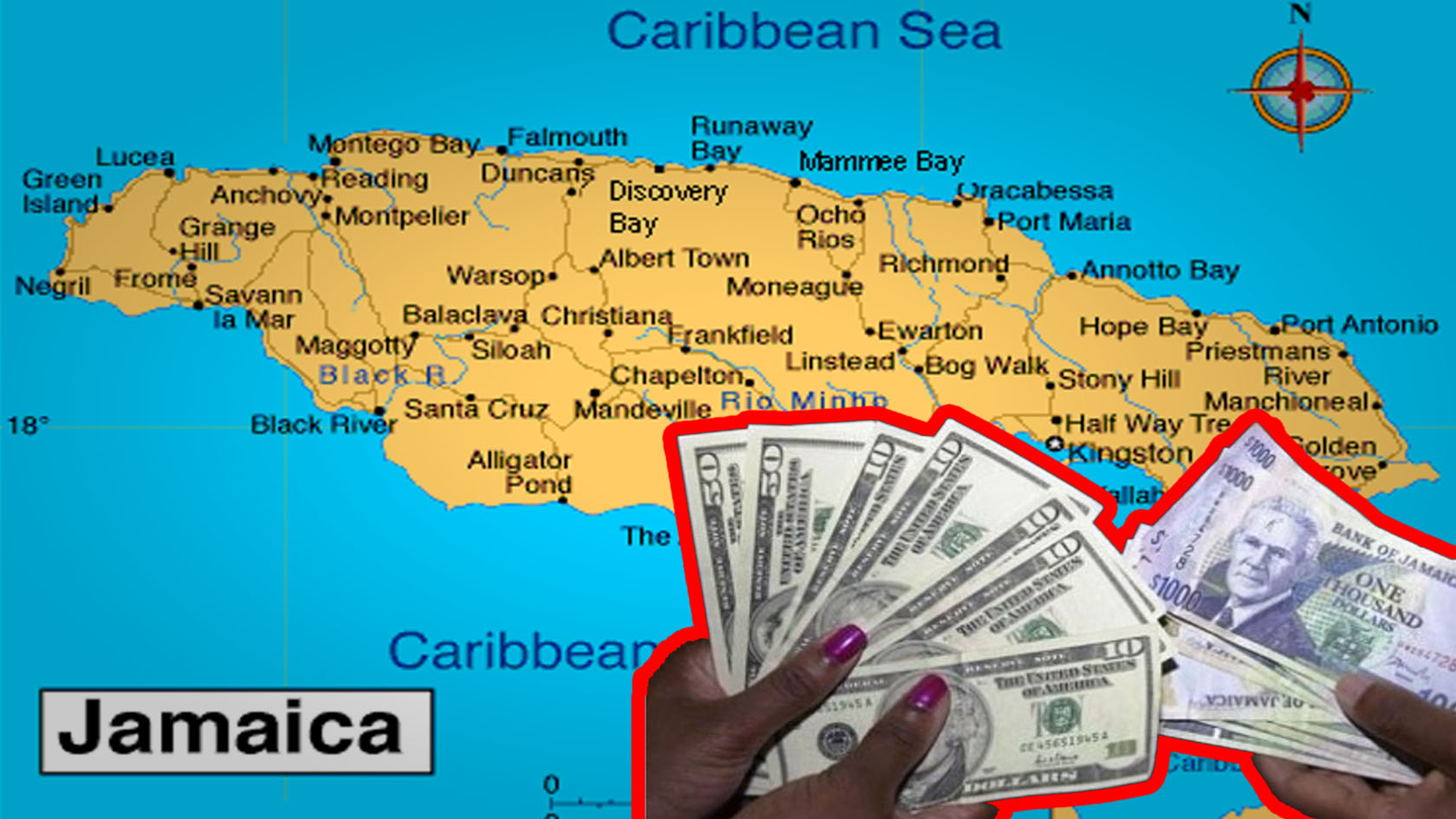
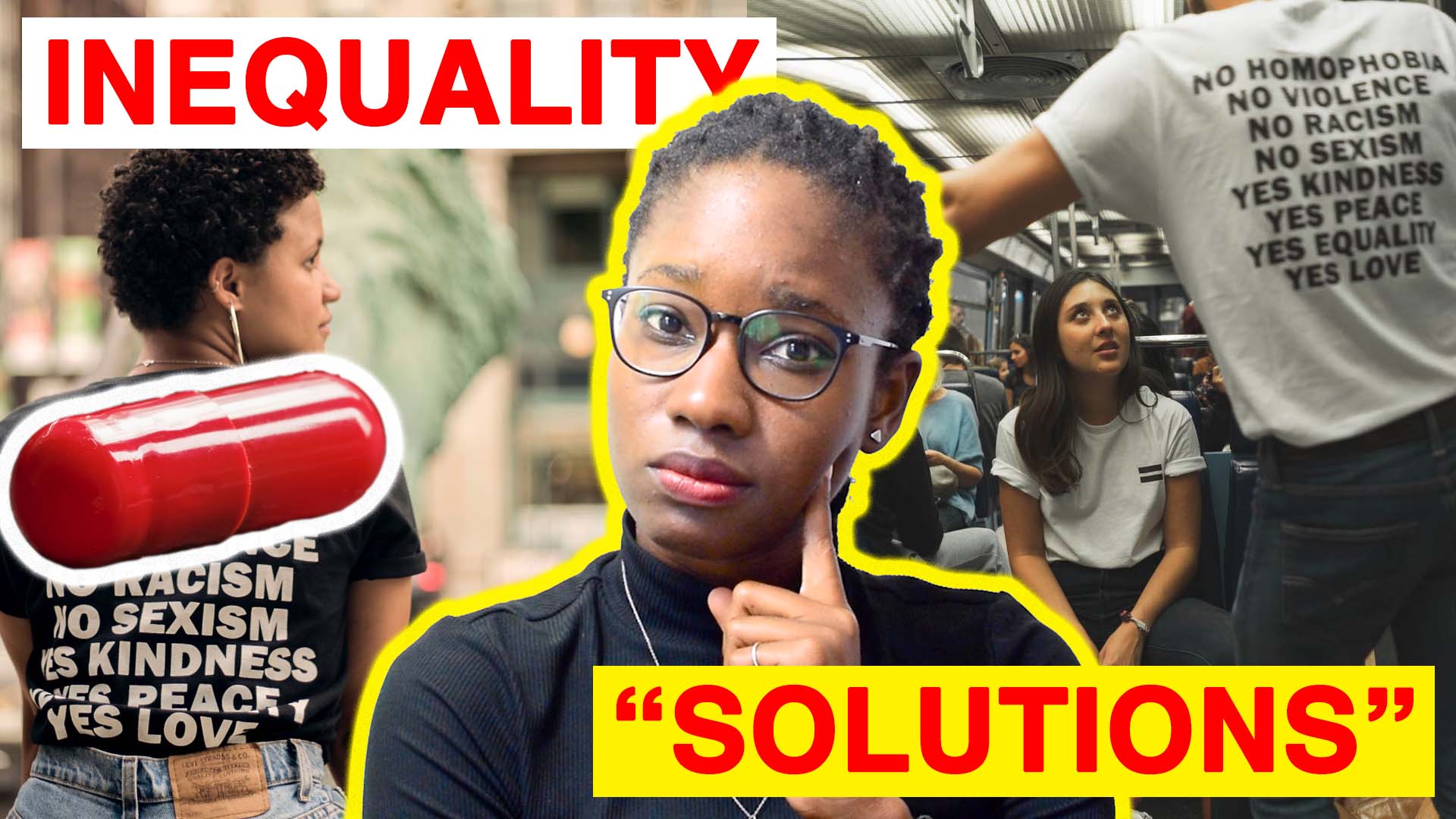
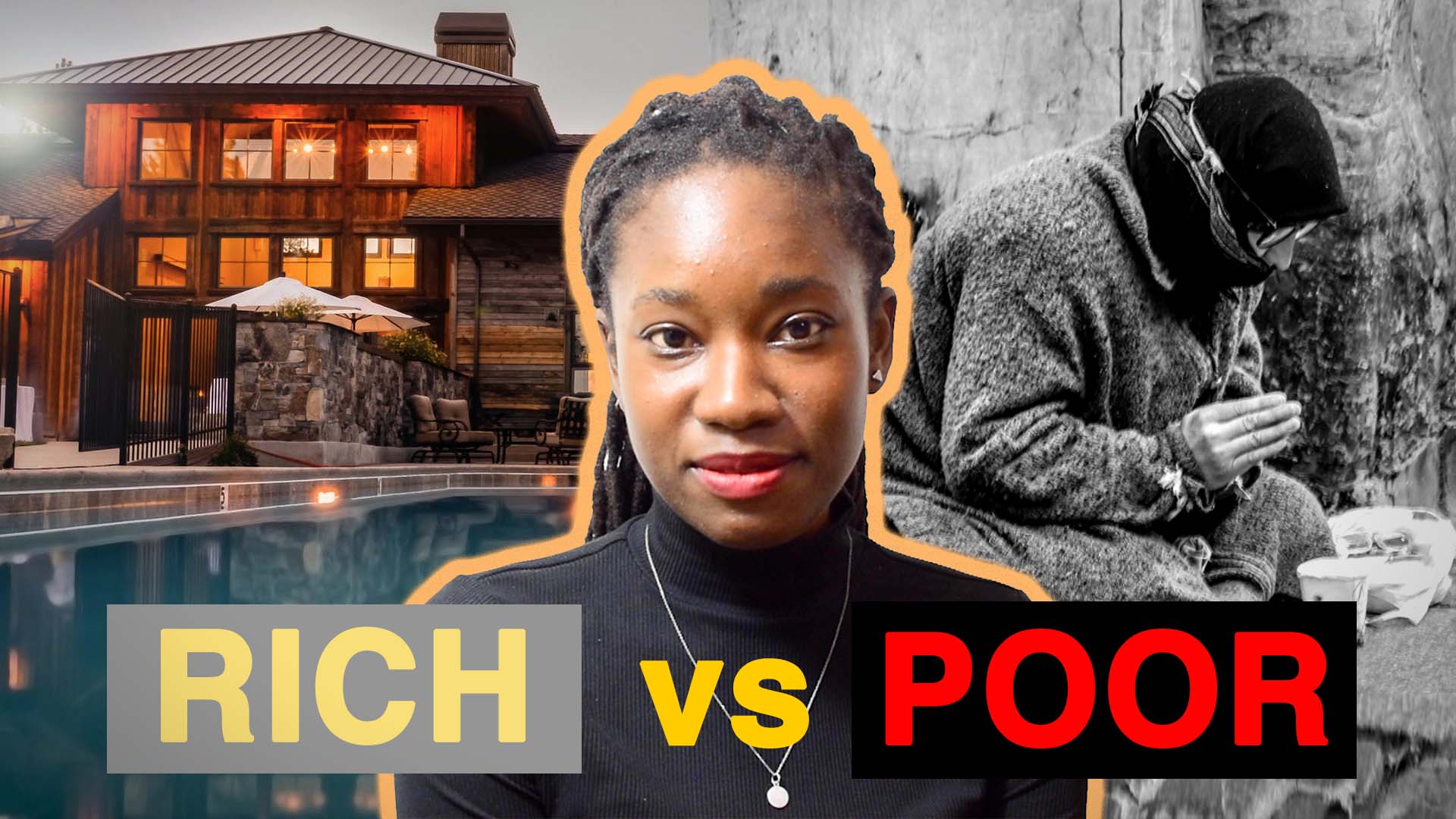
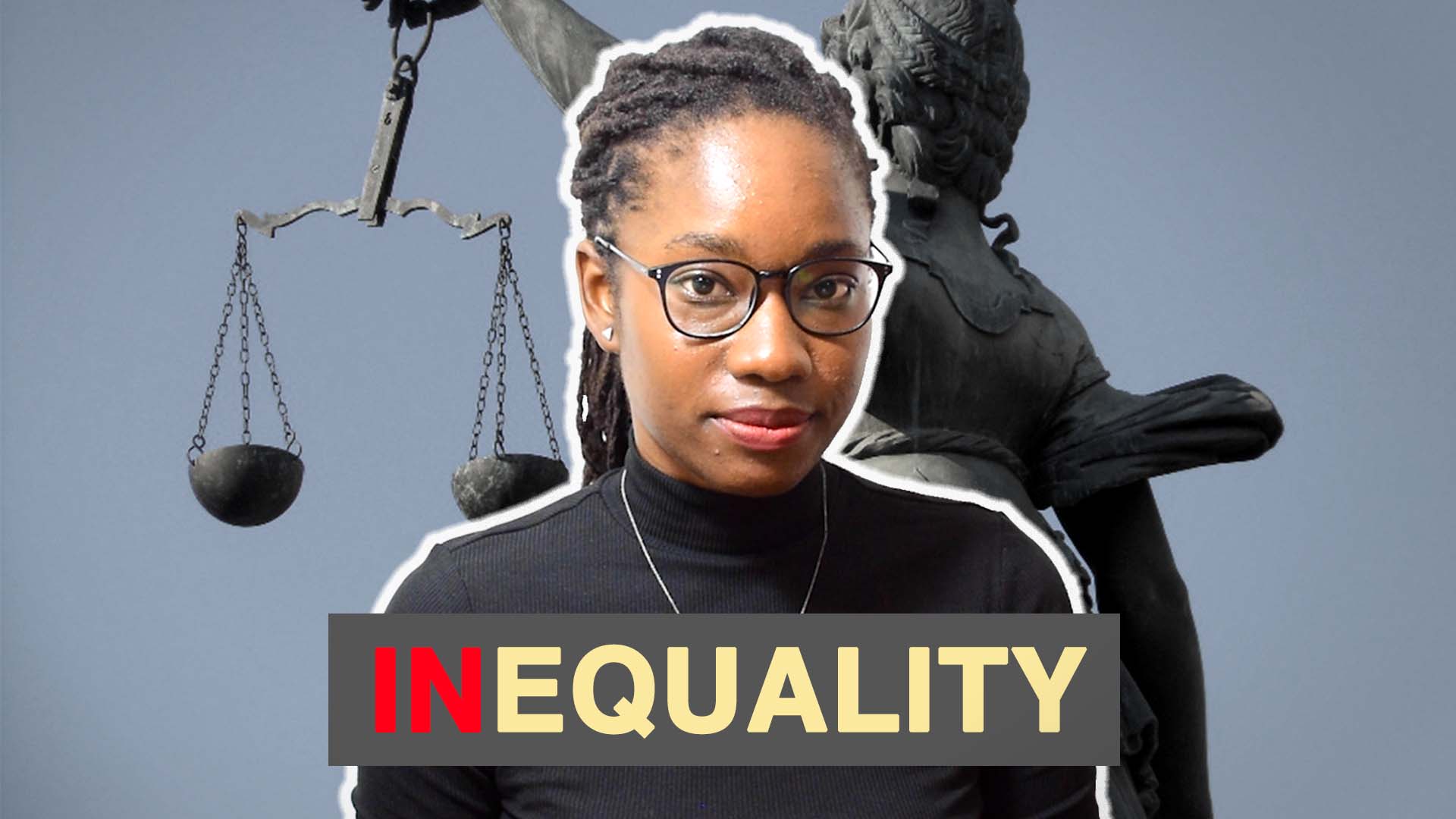


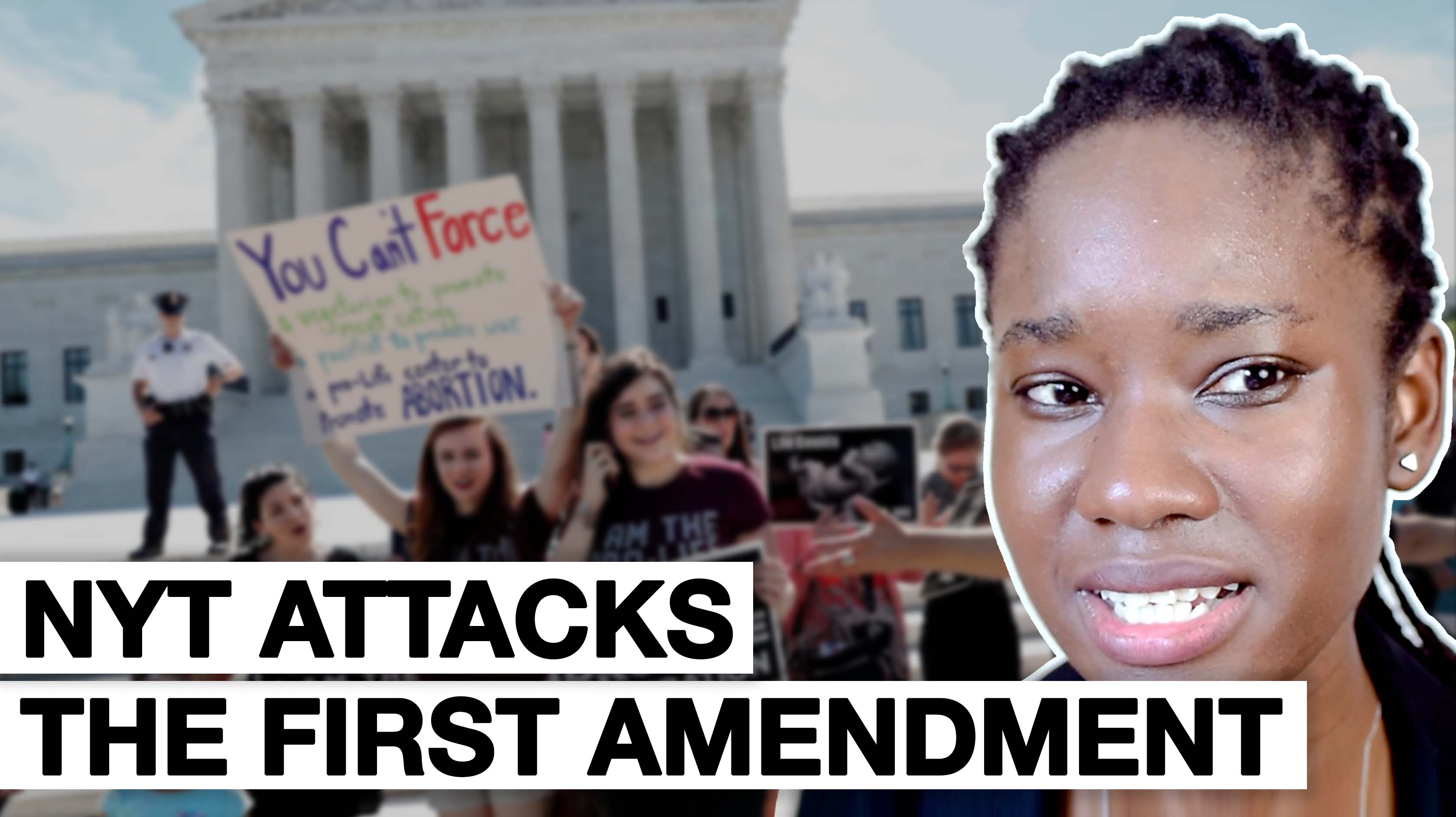

Leave A Comment
You must be logged in to post a comment.